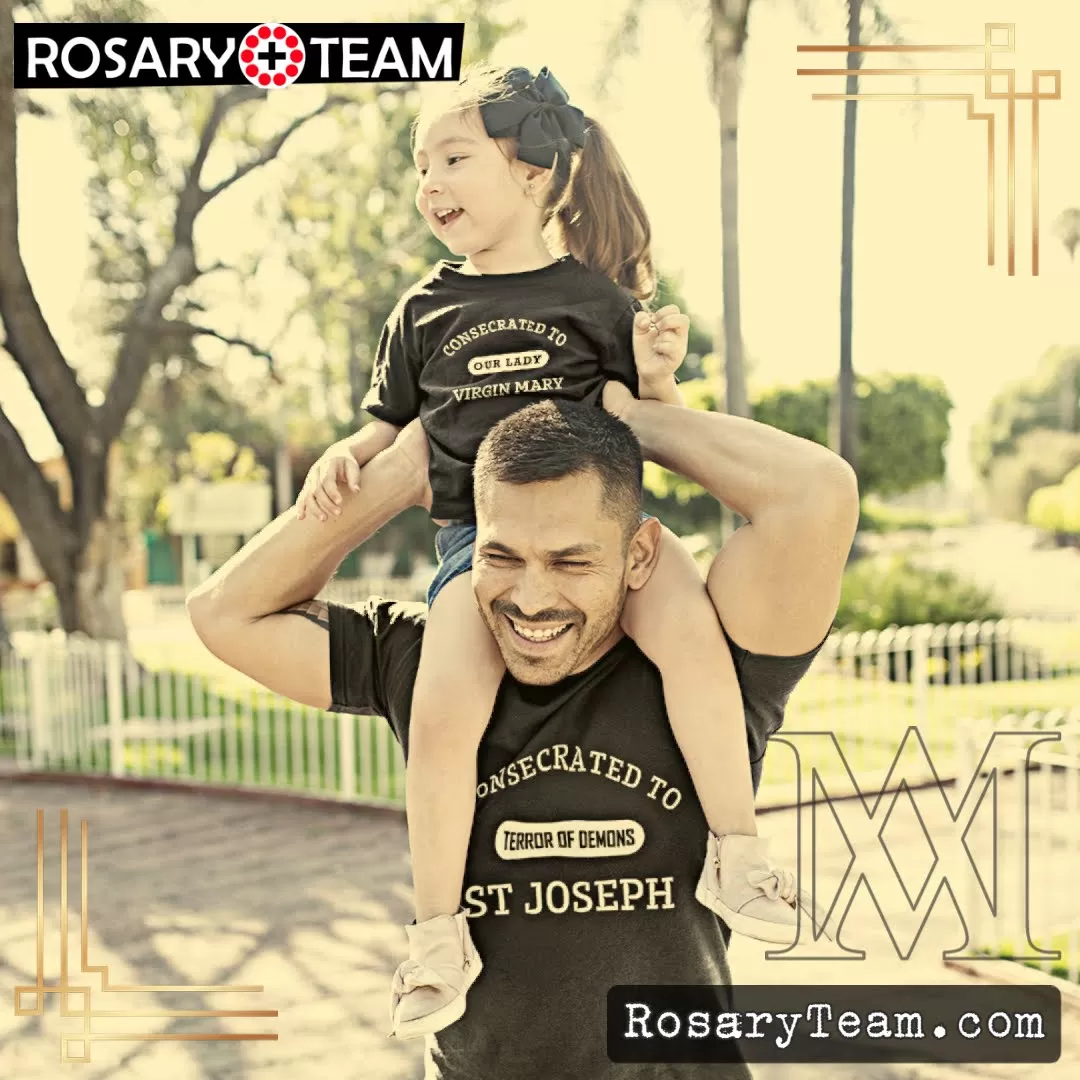Friday, July 8 : Catechism of the Catholic Church

Symbols of the Holy Spirit: Fire. While water signifies birth and the fruitfulness of life given in the Holy Spirit, fire symbolizes the transforming energy of the Holy Spirit’s actions. The prayer of the prophet Elijah, who “arose like fire” (Sir 48,1) and whose “word burned like a torch,” brought down fire from heaven on the sacrifice on Mount Carmel. This event was a “figure” of the fire of the Holy Spirit, who transforms what he touches. John the Baptist, who goes “before [the Lord] in the spirit and power of Elijah,” (Lk 1,17) proclaims Christ as the one who “will baptize you with the Holy Spirit and with fire” (Lk 3,16). Jesus will say of the Spirit: “I came to cast fire upon the earth; and would that it were already kindled!” In the form of tongues “as of fire,” the Holy Spirit rests on the disciples on the morning of Pentecost and fills them with himself (Acts 2,3-4). The spiritual tradition has retained this symbolism of fire as one of the most expressive images of the Holy Spirit’s actions: “Do not quench the Spirit” (1Thes 5,19)… Jesus does not reveal the Holy Spirit fully, until he himself has been glorified through his Death and Resurrection… Only when the hour has arrived for his glorification does Jesus promise the coming of the Holy Spirit, since his Death and Resurrection will fulfill the promise made to the fathers. The Spirit of truth, the other Paraclete, will be given by the Father in answer to Jesus’ prayer; he will be sent by the Father in Jesus’ name; and Jesus will send him from the Father’s side, since he comes from the Father… At last Jesus’ hour arrives: he commends his spirit into the Father’s hands118 at the very moment when by his death he conquers death, so that, “raised from the dead by the glory of the Father” (Rm 6,4), he might immediately give the Holy Spirit by “breathing” on his disciples (Jn 20,22).
maronite readings – rosary,team
















